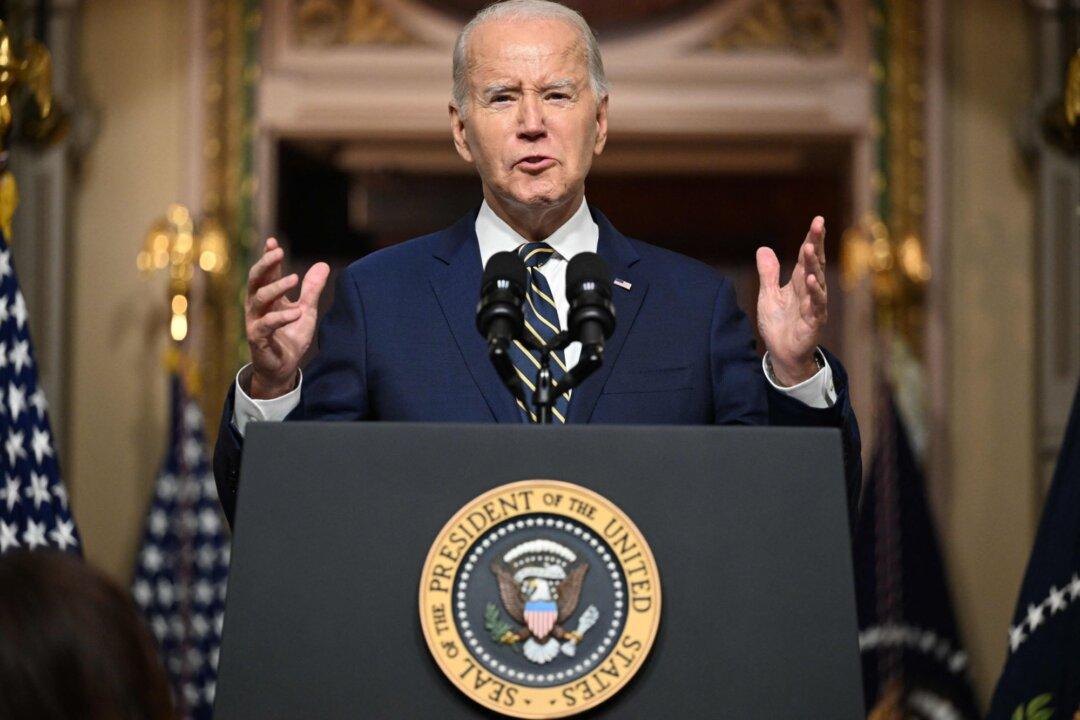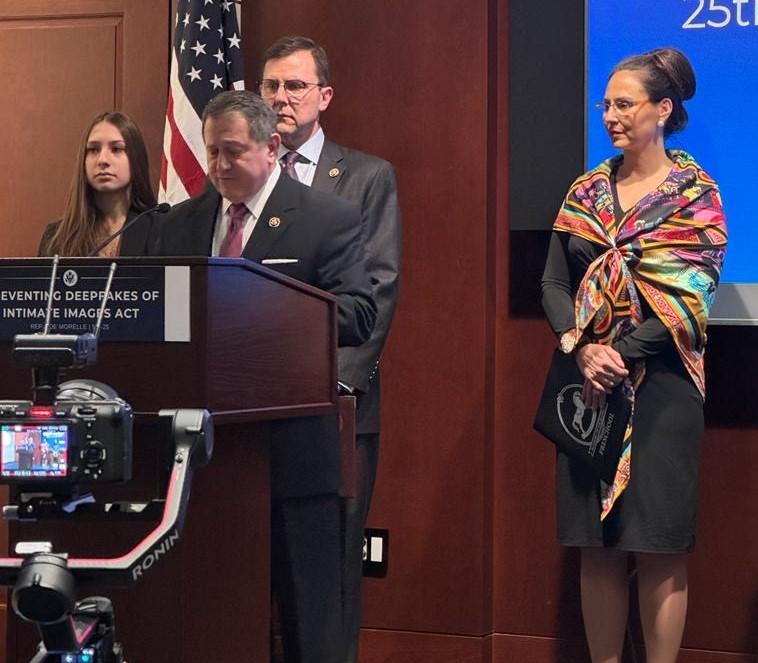President Joe Biden on July 28 signed an executive order that moves the investigation and prosecution of serious crimes in the U.S. military—sexual assault, child abuse, domestic violence, and murder, among them—from within the chain of command to newly created independent and specialized military prosecutors.
With his signature, the president activated reforms to the Uniform Code of Military Justice (UCMJ) that were included in the Fiscal Year 2022 National Defense Authorization Act (FY22 NDAA), which was approved by Congress in mid-December 2021.





